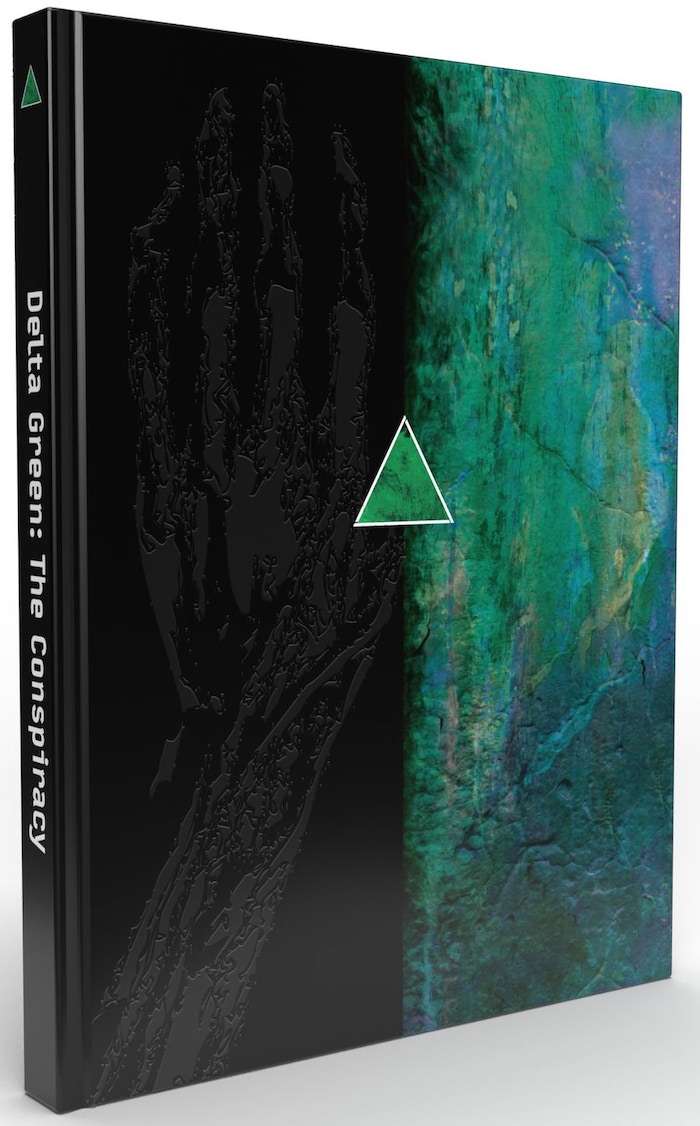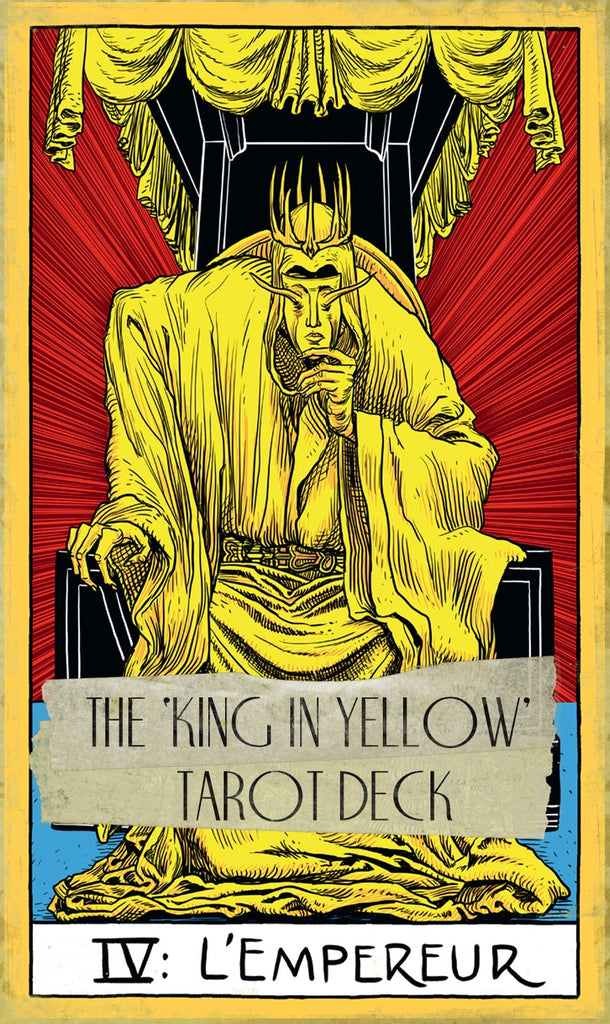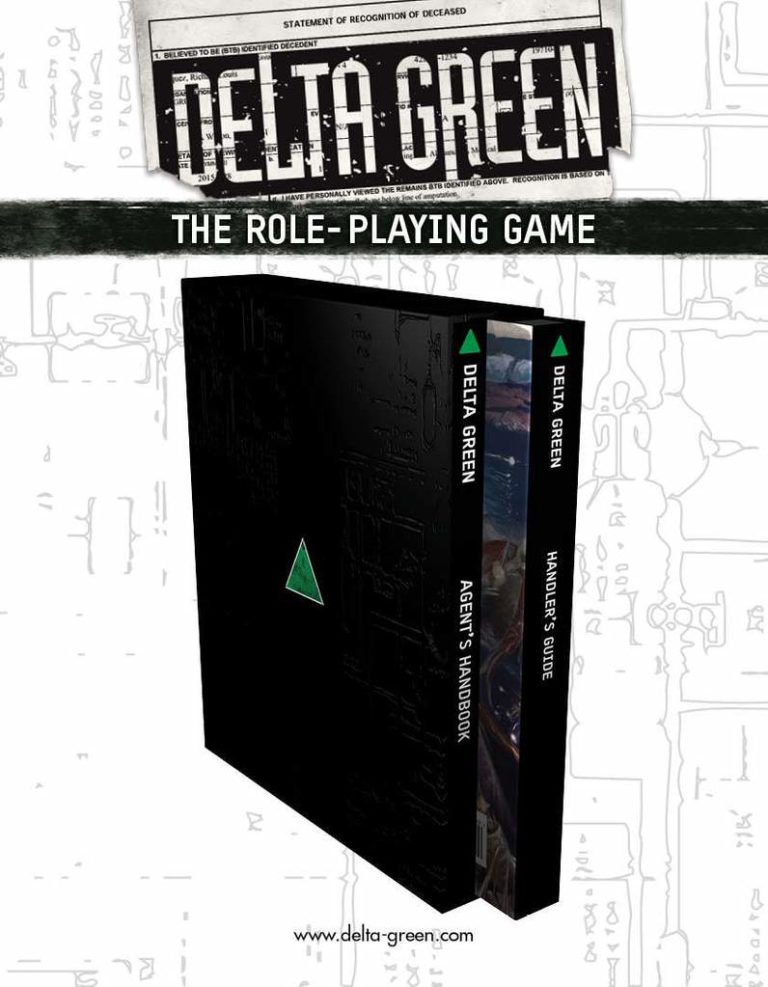By Shane Ivey, (c) 1998
I went home. I went home to… well, I reckon you already know the name, even if they said I should tell you the rest. It’s right beside Sneed and Oneonta, up north in the great state of Alabama, up in the rollin’ hills and little mountains. I’ve been there once or twice over the years since I left, that’s all. It’s not much to see, now. There ain’t much left of what I knew when I was a kid. It’s been took over, you might say. Things took over my home town like the kudzu took over everywhere else. You ever been down there? You drive down there, sometimes, you can see it. You can drive out in the country and see fields, great green fields rollin’ along the hills all thick with black trees, all covered with green vines and leaves. It’s like a virus, and I seen enough of them damn things to tell you. There’s places where the kudzu grows up and over everything. You can drive down there and see an old farmhouse all covered-up, swallowed up so just the chimney sticks up out of the green. Maybe there used to be kids there playin’ and an old man out with a hoe in his field, but now it’s just the green. If you poke around in it you can dig through the vines and find the insides of the buildings, sometimes, all mold and dirt and cobwebs, and all black as sin without your dusty beam of a flashlight. And you can find the tools still there, most of them places, old shears and blades and carts with their wood rotted through and their steel turned to flakes of rust. It’s all dead, now, except the kudzu. It’s like them vines live too much for anything else to live at all.
I went home, and I saw folks’ eyes as dead as anything under the kudzu, but them vines ain’t climbed over the town just yet. They swell up around it like the sea, hungry for all that space and them rottin’ houses, but there’s too much else in there now for the kudzu to get in. Folks there don’t even know it, most times. I think they dream it, sometimes, and it comes out in their talk when they don’t know it, but they’ve been took over, too, goin’ on thirty years now, all the whole squint-eyed lot of ’em, farmers in ball-caps and fat wives and lazy kids alike, all of ’em since I went away and the scientists came down. It started with innoculations and blood tests, nice-lookin’ doctors in clean white coats come down from Yankee territory to make life better for us backwards folk. “Jes like the TVA,” I heard some say. “I ain’t got much to say about the rest of ’em, but Roosevelt done good for Alabama.” My folks would never beg, but they ain’t too proud to take what’s offered, not least from Yankees. I guess they should have thought twice this time, but I wouldn’t have told ’em one way or the other. Walkin’ around free or dead-eyed with the work of God, they all die the same, sooner or later.
The work of God is what one of ’em called it. I don’t remember his name, now. He was a white-faced leathery old man with eyes like chipped coal nuggets, black and shiny, and he talked like he had a fever when he started talkin’ about the Project to some new researcher. “This is the work of God,” he’d say with that look in his eyes. “These people are seeded with the keys to our survival. See how they spawn by need and pre-set schedule, flesh from flesh, bone from bone, tearing free to live and feed? They are the Adams and Eves of our Creation!” But I ain’t a scientist. When I go home, I’m more like them angels that stood at the gates to the Garden, with a flamin’ sword to kill anybody that tried to get in. Maybe that’s how Eden was, back then. Everything grows, everything thrives and devours but nothin’ dies, nothin’ decays. When you go into town the air’s thick with heat and spores that cling and burrow in anything that ain’t native or ain’t sealed up tight in a suit. All of it’s kept locked up by the poison them power-drunk scientists programmed in, genetic poison, flip a switch in their DNA and watch ’em die if they walk too far from home. If it weren’t for that poison, my folks would be all over Alabama now, living and spawning and chokin’ out everything else til even the kudzu withered away.
I went home for a visit, just to go in an’ look, but I didn’t learn anything new. I just walked along home, and they didn’t even seem to notice or care that some of us was in plastic and some weren’t. I went up to the green house, walked over grass that grew up thicker than carpet and up stairs that creaked, wood that was dead before the Project and still rotted away, and I pulled open that thin screen-door to step inside. It was dark in there, but a little light came in from holes in the old window-shade. There was the couch there, like always, red stripes faded to pink on white cloth turned grey. There was the rusted old green-painted chair, an’ the wood-burning pot-bellied stove that had been there a hundred years. Even without the Project, it’d be a different world from Birmingham and Montgomery; this was never industry-land, rich with ore and sooty factories, nor the piedmont with farms an’ old plantation houses. This had been dirt-farmer country from the start, and it was dirt-farmer country the day them first doctors came to town in 1969.
I looked around the corner into the bedroom, and she was layin’ under a knotty old quilt, just starin’ up at the silvery wood of the ceiling. She heard my plastic suit rustling, and she turned to squint through the dark. She was goin’ on eighty years old, but she could still see just fine. I could see her skin all flaccid and wrinkled and pasty-pink, rollin’ with its own life to turn her head. Her eyes gleamed a little. Her mouth broke into a smile, showin’ rows of sharp white teeth inside and a purple tongue. I had my rifle and I wanted to put a bullet in her brain, but it wouldn’t’ve done any good. She’d have got up again, sooner or later. Nothin’ dies easy anymore, not in my town.
“You come home,” she said in that kindly old voice, pleased. “Welcome back, Adolph.”
“Mornin, ma,” I said.





